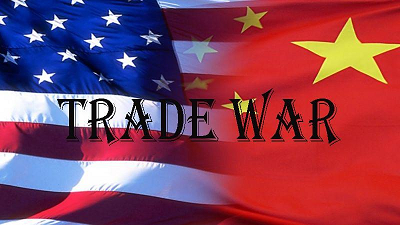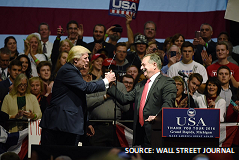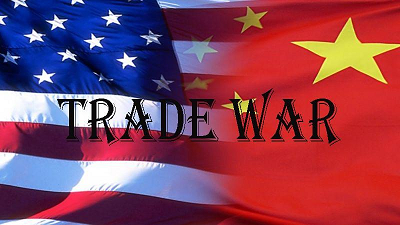
There should be no surprise that President Trump has launched his trade war with China.The real surprise is that financial markets, and business leaders, are so surprised it is happening.He was, after all, elected on a platform that called for a trade war, as I noted originally back in November 2016 – and many times since, even just last month.
Nor is it a surprise that China has chosen to target chemicals in its proposed list of products for retaliation. As my colleague John Richardson has noted:
“On Tuesday, China’s reaction to that first round of $50bn US tariffs included proposed tariffs of 25% on US exports of low and linear-low density polyethylene. The same tariffs could also be levied on US polycarbonate, polyvinyl chloride, plastic products in general, acrylonitrile, catalysts, lubricants, epoxy resin, acrylic polymers, vinyl polymers, polyamides (nylon) and surfactants.”
China, unlike almost everyone else it seems, has used the past 15 months to prepare for Trump’s trade war.So they are naturally targeting the chemicals industry – which was a great supporter of Trump in the early days, and has also come to depend on China for much of its growth.

They will have seen this photo of Dow Chemicals (DOW) CEO, Andrew Liveris, joining Trump at a victory rally in Michigan.
They will also have read Liveris’ tribute to the new President, when announcing the opening of a new R&D center in Michigan:
“This decision is because of this man and these policies,” Mr. Liveris said from the stage of the 6,000-seat Deltaplex Arena here, adding, “I tingle with pride listening to you.”
The fact that Liveris stepped down last year as head of Trump’s manufacturing council will also have been noticed in Beijing, but clearly did not change their strategy.
Financial Markets Expect The Fed To Be A Fairy Godmother
Industry now has a few weeks left to plan for the inevitable.But if history is any guide, many business people will fail to take advantage of this narrowing window of opportunity.Instead, like most investors, they will continue with “business as usual”.The problem is simple:












Leave A Comment